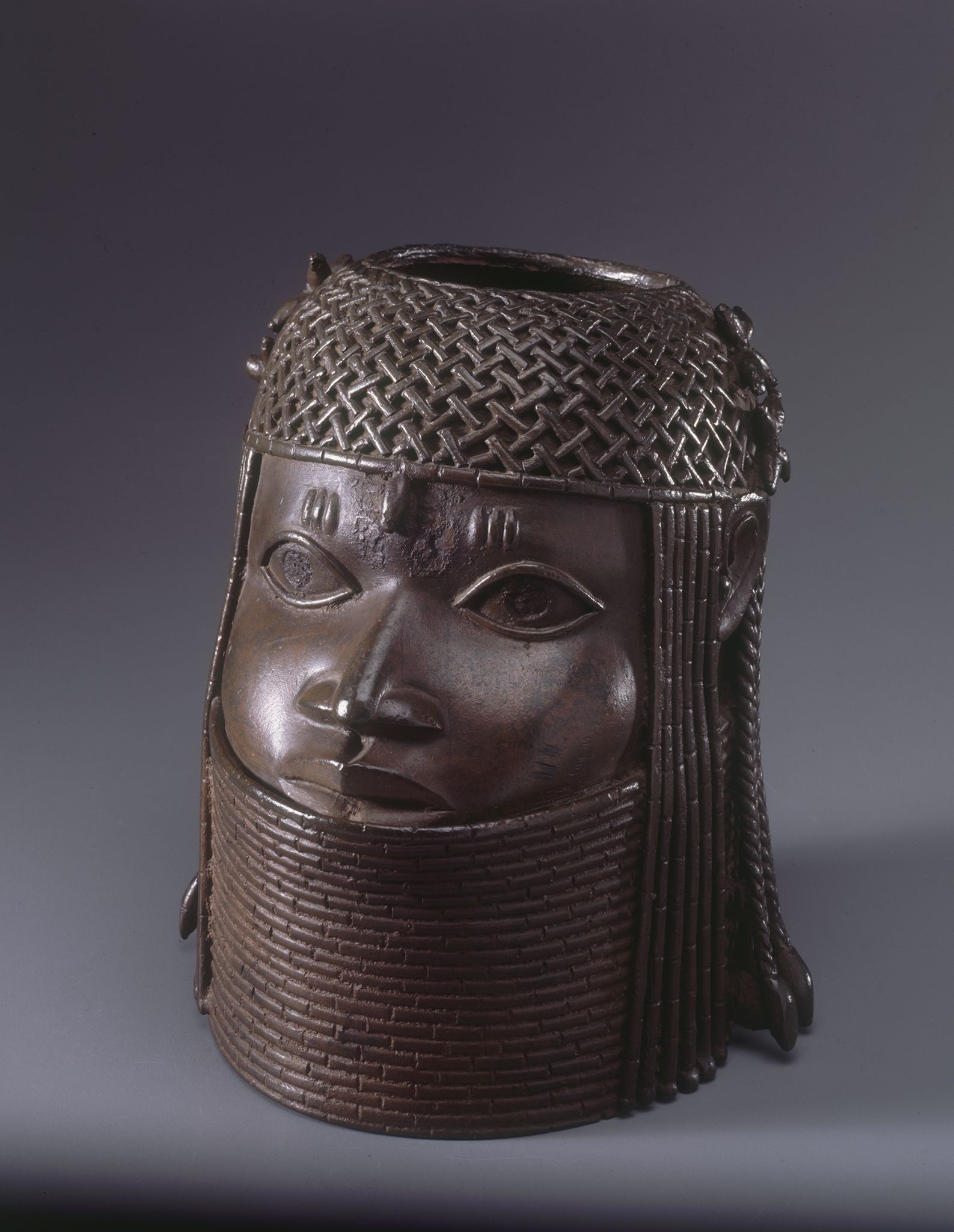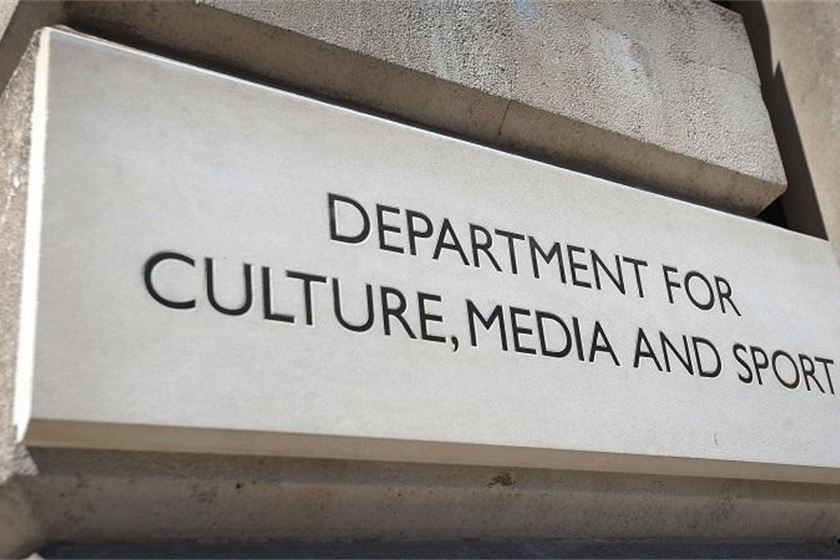Cultural Restitution
SHARE ARTICLE
They may appear like insignificant mementos of a little-known British military campaign in Abyssinia. But to Ethiopians they represent an important piece of their country’s history.
The withdrawal of five Ethiopian objects from a sale at Busby Auctioneers in Bridport, Dorset this week (17 June) illustrates the growing success Ethiopia is having persuading private collectors to return objects violently looted from their country during a military campaign in the 19th century.
All five objects - three inscribed horn beakers and a leather-bound Coptic bible and cross - were collected by Major-General William Arbuthnot CB (1838-1893) who, while serving as Captain during the Abyssinian campaign of 1867/68, was Aide de Camp and Military Secretary to the British Commander, General Robert Napier.
The five items were all offered for sale by Arbuthnot’s direct descendants, lending them a significant provenance and historical value. Their monetary value, however, was estimated at little more than £700. Each of the three horn beakers bears an inscription on their silver mount (hallmarked Wright & Davies London 1875), however, one bears the added the inscription ‘W.A. Arbuthnot to G.G. Arbuthnot, This Horn Taken at Magdala’.
So widespread and indiscriminate was the looting that took place after Emperor Tewodros II‘s defeat at Maqdala, that very few objects of cultural, spiritual or historical value from this period still remain in Ethiopia. Instead, they’ve been scattered across public museums around the globe or remain, possible unrecognised, in numerous UK private collections.
After learning these items relate directly to the battle at Maqdala, the Ethiopian Embassy in London was determined not to lose this chance of recovering objects they maintain were 'illegally obtained'. Appealing in a letter to the auctioneers, the Ethiopian Embassy said their return would bring closure to generations of Ethiopians, 'dispossessed of their heritage and aggrieved by this painful chapter in our shared history'.
With the co-operation of Busby Auctioneers, the Embassy came to an agreement with the vendor, enabling both lots to be returned to Ethiopia. A spokesman for the Embassy described their repatriation as "a small, albeit important step in Ethiopia's continuing campaign to right the injustice of Maqdala".
"The items will rightly find their way home to the people and culture that produced them, where they will be preserved for current and future generations of Ethiopians".
Arbuthnot’s decision to hang on to these five objects contrasts with his decision made immediately after returning from the Abyssinian campaign to gift a sacred Ethiopian tabot to the Scottish Episcopal church of St John the Evangelist in Edinburgh. This tabot was discovered, hidden in the back of the church’s cupboard, in 2001 and returned to Addis Ababa within months of its discovery.
Ethiopia is keen to encourage all current holders of Maqdala items to investigate the history of these objects and to engage with Ethiopia to facilitate their repatriation. "Private collectors and public institutions across the country have a moral duty to return all products of loot," said the spokesman, "lest they be associated with the unjust circumstances that brought them to the UK."
Appeals to private collectors have so far resulted in more than twenty repatriations to Ethiopia. However, this contrasts sharply with the stance adopted by Britain’s national collections that continue to resist all attempts at repatriation.



